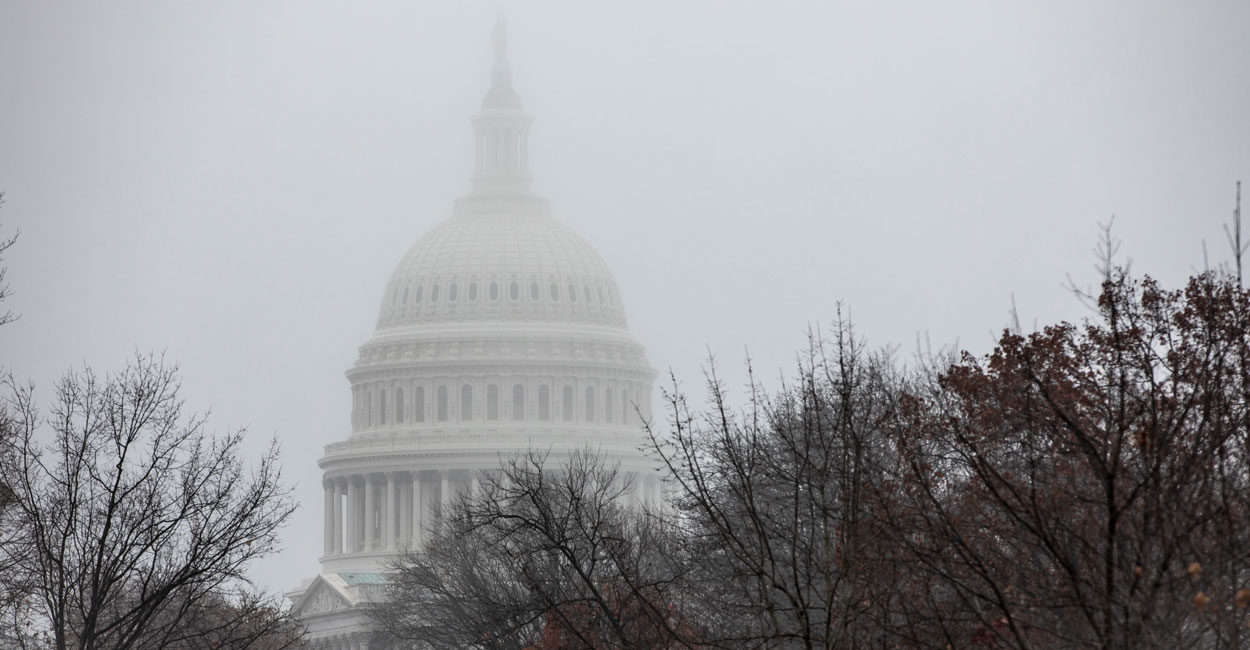
Fitch Downgrades US Credit Rating Amid Fiscal Face-Offs. Here’s Why It Matters.
Politically divided face-offs over money during the past 20 years have driven one credit rating agency to downgrade the United States’ credit rating.
By Taylor Tompkins – August 01, 2023
KEY TAKEAWAYS
- Fitch Ratings downgraded the U.S.’s credit rating to AA+ from AAA.
- The credit ratings agency cited fiscal brinkmanship by lawmakers, along with general economic uncertainty, raising debt levels, the Federal Reserve’s rate tightening cycles and a potential recession.
- The downgrade is unlikely to significantly impact the country’s creditworthiness or reputation.
On Tuesday, Fitch Ratings said it was knocking down the country’s long-term foreign-currency issuer default rating (IDR) to ‘AA+’ from the highest score available of ‘AAA‘.1
“In Fitch’s view, there has been a steady deterioration in standards of governance over the last 20 years, including on fiscal and debt matters, notwithstanding the June bipartisan agreement to suspend the debt limit until January 2025,” the agency wrote in a commentary on the decision. “The repeated debt-limit political standoffs and last-minute resolutions have eroded confidence in fiscal management.”
Tax cuts and new spending initiatives have ballooned U.S. debt over the past decade. Additionally, the country has a complex budgeting process, the company wrote. Fitch also forewarned of trouble on the horizon as finding funding for social security and Medicare costs on a long-term basis has yet to be resolved.
The company also cited general economic uncertainty, rising debt levels, the Federal Reserve’s rate tightening cycle and a potential recession as other contributors to the rating downgrade.
“The United States faces serious long-run fiscal challenges,” tweeted former Treasury Secretary Larry Summers.2 “But the decision of a credit rating agency today, as the economy looks stronger than expected, to downgrade the United States is bizarre and inept.”
Fitch had first warned it could downgrade the U.S.’s credit rating in late May.
What Could It Mean For You?
A downgrade from just one of the three big credit agencies, likely won’t impact the country’s creditworthiness overall. However, the country’s overall creditworthiness does impact your personal finances.
A downgrade could actually raise demand for U.S. debt and push interest rates down, economist Ryan Sweet told Investopedia in May.
When a company’s credit rating is downgraded, interest rates for borrowing become more expensive because the signal to lenders is there’s a higher risk they will not be paid back. However, since U.S. Treasury securities are historically so reliable, this downgrade could roil financial markets and actually increase interest in U.S. debt.
“Fitch’s decision does not change what Americans, investors, and people all around the world already know: that Treasury securities remain the world’s preeminent safe and liquid asset, and that the American economy is fundamentally strong,” Treasury Secretary Janet Yellen said in a statement.3
Stock futures fell slightly after the Fitch announcement.
Taylor Tompkins has worked for more than a decade as a journalist covering business, finance, and the economy. She has logged thousands of hours interviewing experts, analyzing data, and writing articles to help readers understand economic forces. She is the Economics Editor for news at Investopedia. Full Bio
(article sources available here)
